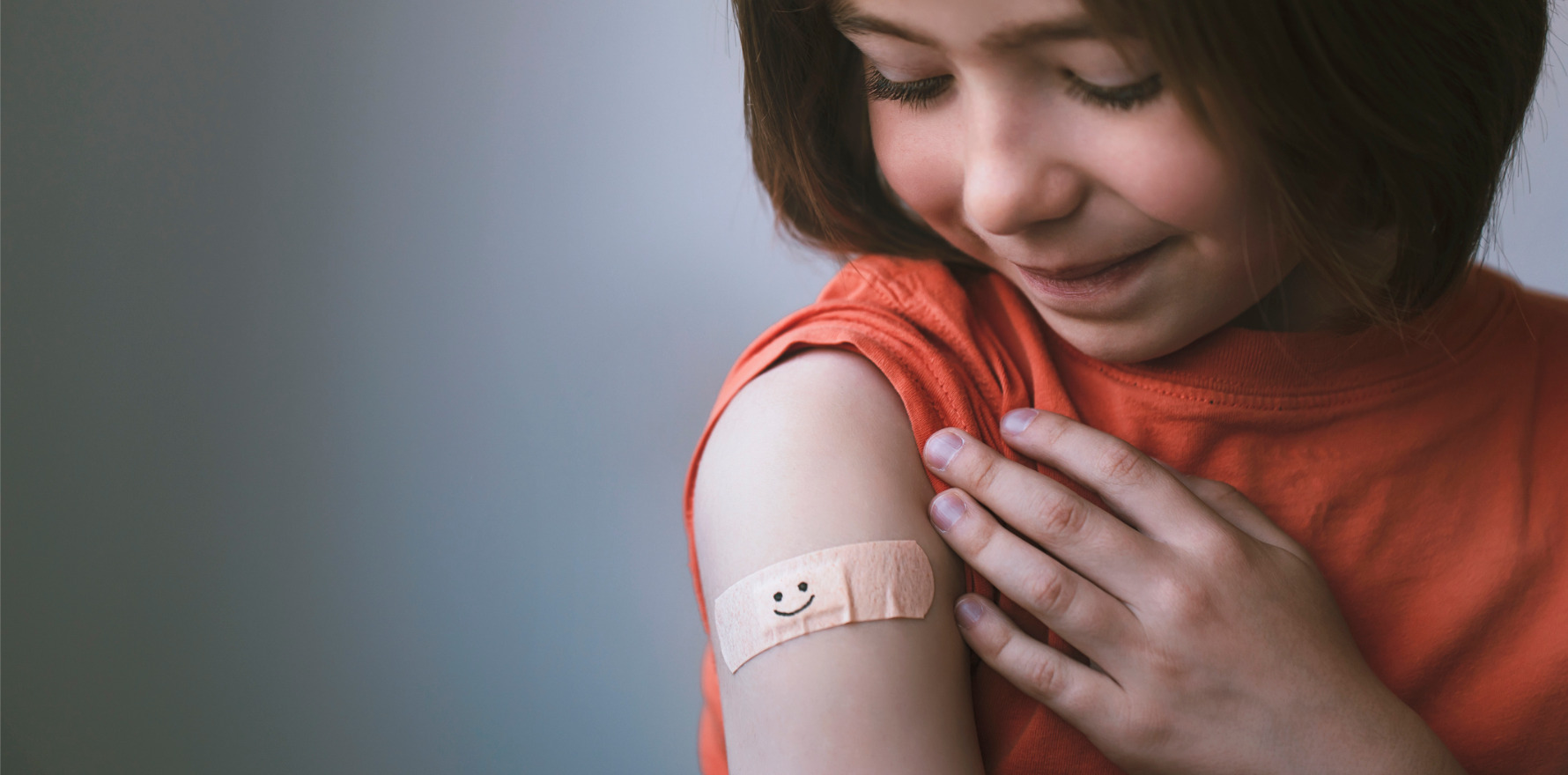Successful clinical trials of a monoclonal antibody and a flurry of vaccine research suggest the wait may be almost over.
Decades of waiting for RSV protection could soon be over, with a promising monoclonal antibody expected to be approved within the year, according to infectious disease experts.
Meanwhile, another 32 candidates for prevention are in clinical development and maternal vaccines are likely to follow the approval of the monoclonal antibody nirsevimab, the authors of a review of RSV preventative options reported in The Lancet Infectious Diseases.
“In the next 10 years I hope to see licensed vaccines and preventative drugs being given to mothers, babies, toddlers and older adults, with multiple vaccine and monoclonal antibody platforms available that could even be combined with covid and influenza vaccines, keeping our hospitals and GP surgeries much quieter over winter,” co-author Professor Peter Richmond, Perth-based paediatrician and head of the Vaccine Trials Group at the Wesfarmers Centre of Vaccines and Infectious Diseases, said in a statement.
Monoclonal antibody treatments such as nirsevimab provide immediate passive protection against the virus, as opposed to activating the immune system via vaccination.
Earlier this year, results from a phase 3 trial of 1500 healthy infants 35 weeks and older showed that nirsevimab had an efficacy of 75% against lower respiratory tract infections caused by the virus compared to placebo during their first RSV season.
The children, who received an intramuscular injection at the start of RSV season, were evaluated via RT-PCR for 150 days after for presence of RSV. The monoclonal antibody was also 62% effective against hospitalisation for RSV.
“The safety profile of nirsevimab is similar to that of the current standard of care, monthly palivizumab, administered to infants with congenital heart or lung disease (n=310) and preterm infants between 29 and 35 weeks gestational age (n=615),” the authors wrote.
“RSV monoclonal antibody resistant mutants were generated and were shown not to have an effect on viral replication and had a low natural frequency amongst circulating strains.”
One major benefit to this therapy was that protection from the injection lasted for an entire season, rather than requiring monthly doses, they continued.
“RSV prevention appears to be on the horizon with market access expected for nirsevimab within the next 12 to 24 months as of July 2022,” the authors said, referring to the US market.
“This approval might be followed shortly by approval of a maternal vaccine and a vaccine for older adults (subunit, vector-based, and nucleic vaccines in late phase trials).”
The Telethon Kids Institute, where Professor Richmond’s group is based, is currently finalising development of a vaccine for pregnant women, and phase 3 trials have begun for another antibody treatment similar to nirsevimab for paediatric use.
“This is an especially exciting time for us – we started our first Phase 1 and 2 studies looking at RSV vaccines all the way back in 2000 and it has been a long journey to get to this point,” said Professor Richmond.
“This week we began a Phase 3 study on the second potential antibody treatment, which hopes to provide long-lasting protection for babies at highest risk of being hospitalised with RSV, including those born prematurely, or those with congenital heart disease or chronic lung disease.”
Respiratory syncytial virus is highly contagious and contributes to tens of thousands of infant deaths and millions of hospitalisations every year worldwide. Long-term complications such as asthma and chronic lung infections are associated with RSV, and children born prematurely or with congenital diseases are at high risk of contracting it.
But it isn’t only a paediatric risk; reinfection is common throughout a lifetime and researchers estimate that in adults 65 years or older, RSV prevalence is now similar to that of seasonal influenza.
Vaccines for older adults are also in late-phase trials.
The most challenging part of a vaccine rollout such as this was finding a way to make those treatments accessible and affordable in countries across Africa, Latin America and Asia. There is a higher need for these vaccines in these areas which have the highest paediatric mortality burden, collectively accounting for 99% of RSV-related infant mortality.




